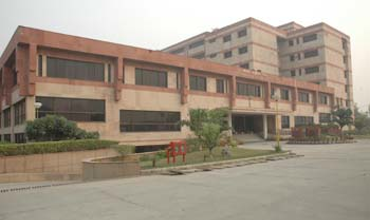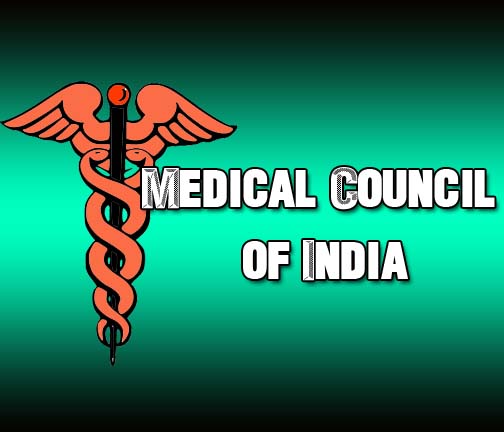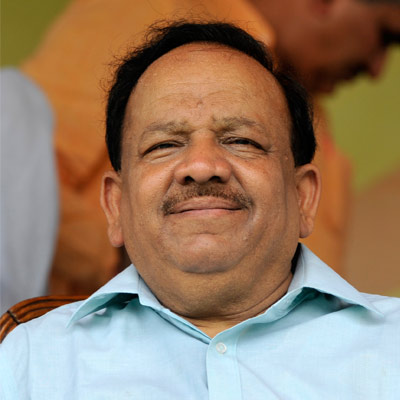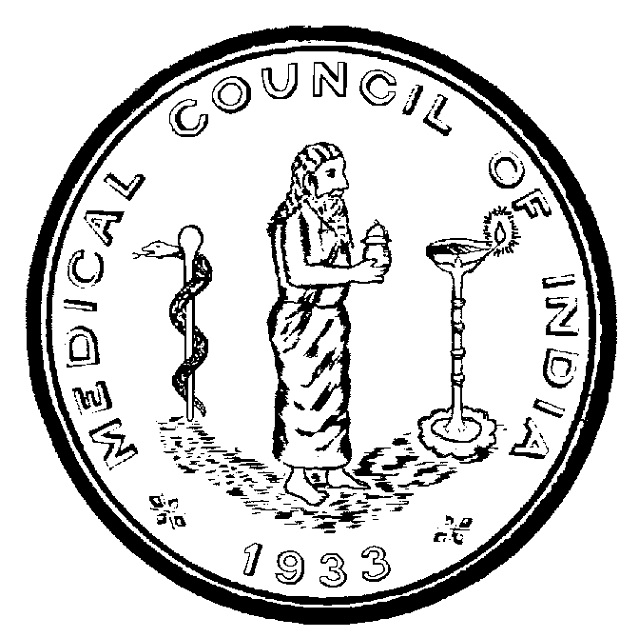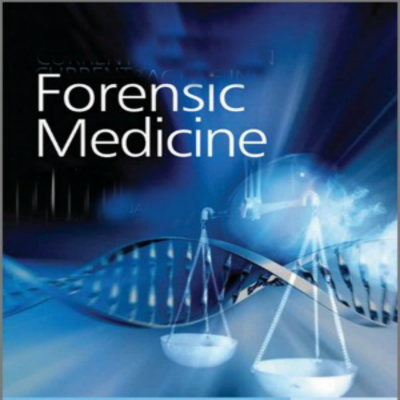Stung by the Medical Council of India (MCI)’s feet dragging over the MBBS seats cancellation-restoration issue, the union health ministry has urged the statutory body to urgently take a call on compliance reports filed by educational institutions all over the country.
Union health minister Dr Harsh Vardhan said here on Wednesday that about 10,000 meritorious students face a bleak future because of the MCI’s obsession with minor details.
“Most of the deficiencies in the MCI’s reports are about problems with air-conditioning, or about partition walls in buildings and, of course, the shortage of faculty which is an old irritant. But even though most of the colleges have complied with the MCI’s demands, there has been no acknowledgement. This cannot be expected of MCI,” Dr Harsh Vardhan said.
The minister said senior officials of the ministry, including health secretary Lov Verma, and joint secretary Vishwas Mehta have been forwarding the recommendations of the hearing committee and compliance reports submitted by the various medical colleges. But MCI’s response is awaited, causing anxiety in all quarters, he added.
“The ministry has sent 150 cases, most of them government colleges, for review to MCI but there has been no response. I respect MCI’s autonomy but expect that it appreciates the agony of thousands of meritorious boys and girls whose future is jeopardised by procrastination,” Dr Harsh Vardhan said.
The minister disclosed that he has received numerous delegations of students, doctors, institution managements, members of parliament and other stakeholders complaining of MCI’s attitude.
“Reports are flooding the ministry of medical colleges, including reputed government-owned ones, cutting their intake of undergraduates for the current academic year. This is worrying for the government because the long-term effect would be a deeper crisis in the availability of qualified doctors. As it happens, India has just one doctor per 1,700 people compared to the global average of 1.5 per 1,000. The government has a policy of meeting the shortfall by opening more medical colleges over the next decade,” according to a statement by the union health ministry.
“MCI had undertaken to send its recommendations to the health ministry for issuance of letters of permission by June 15, 2014 as per a revised schedule made in May. In follow up, the government’s deadline for issuing letters of permission or denial was set for July 15, 2014. But with MCI reneging on its undertaking, the government is dismayed that it would not be in a position to mitigate the suffering of the students,” the statement said.
Dr Harsh Vardhan said, “It is disturbing that amidst all the reports of students’ agony over the delay, the non-seriousness of the MCI’s Executive Committee is appalling. Yesterday they had a meeting but we are yet to receive word on its outcome.”
In a letter to MCI president Dr Jayshreeben Mehta, health secretary Lov Verma has suggested that MCI should file an interlocutory application before the Supreme Court in the Priya Gupta case. The objective should be to get an extension to August 8, 2014 so that the passing of the present deadline does not have a destructive impact, the statement added.
Source: India Medical Times


